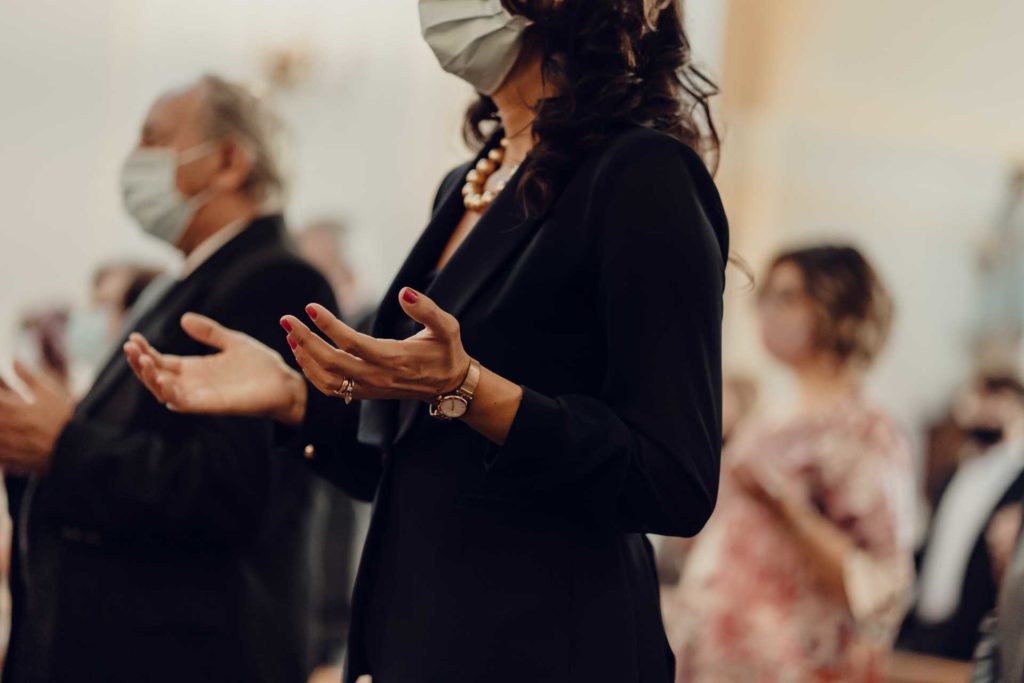
LITTLE ROCK, Ark. — A bill presented in the Arkansas legislature would prohibit the State from closing churches or prohibiting religious gatherings during disasters and emergencies, while also upholding the State’s right to issue safety guidelines that are equally applicable to all.
“Religion provides extensive benefits to the country by meeting the spiritual needs of the populace and by supporting vital social needs, including without limitation social services, health care, and economic activity,” reads House Bill 1211, presented by Rep. Mary Bentley, R-Perryville, and Senator Kim Hammer, R-Benton.
It cites Supreme Court and federal appeal circuit precedent, including last year’s Sixth Circuit ruling against the State of Kentucky, which declared, “The government may not permit ‘life-sustaining’ operations to continue during a state of emergency without also permitting ‘soul sustaining’ operations such as religious services to continue, especially when the religious services ‘adhere to all the public health guidelines required of the other services.'”
The legislation therefore declares, as it pertains to the State of Arkansas, “The governor shall not prohibit or limit a religious organization from continuing to operate or engage in religious services during a disaster emergency.”
It adds, as long as the least restrictive means of furthering a compelling government interest is enacted, “This section does not prevent the governor from requiring religious organizations to comply with neutral health, safety, or occupancy requirements issued under state or federal law that are applicable to all organizations and businesses.”
The measure is supported by the Arkansas Family Council, which released a statement on Jan. 19, calling the proposal a “good bill.”
“H.B. 1211 protects houses of worship from being singled out during an emergency the way they have been in other states,” said President Jerry Cox. “The bill prevents the government from penalizing a house of worship or other religious group that continues to hold services during an emergency. The bill also requires that churches and religious groups comply with the same basic health and safety standards everyone else does.”
“Public officials have the authority to protect health and public safety, but the First Amendment — including the free exercise of religion — is never suspended,” he said. “H.B. 1211 ensures our government shall never close churches and other houses of worship even during a disaster or other emergency.”
Co-sponsors of the bill include Reps. Joe Cloud, R-Russellville; Brian Evans, R-Cabot; and Johnny Rye, R-Trumann; and Sens. Kim Hammer, R-Benton; Charles Beckham, R-McNeil; and Bart Hester, R-Cave Springs.
As previously reported, a similar bill has also been filed in Oklahoma by Sen. George Burns, R-Pollard. The legislation prohibits the state from deeming religious gatherings as “nonessential” and declares that the government may not “restrict access to religious facilities or gatherings as long as such institutions are not engaged in illegal activities.”
Most churches that challenged indoor COVID regulations this past year had safety plans/policies in place that included social distancing, the spacing out of seats or the roping off of every other pew, the provision of hand sanitizer, the wearing of masks, the posting of signage, asking the sick to stay home, and the cleaning of the facility after each service.
While the location of the meeting is not imperative to Christians, believers note that the Bible does teach that the Body of Christ is to meet together physically — even more so as the world becomes darker with sin — exhorting in Hebrews 10:25, “Not forsaking the assembling of ourselves together, as the manner of some is, but exhorting one another — and so much the more as ye see the day approaching.”
Become a Christian News Network Supporter...


